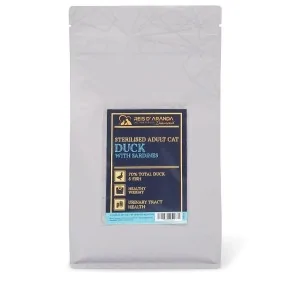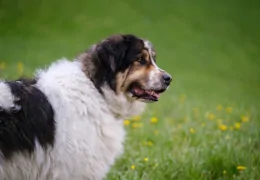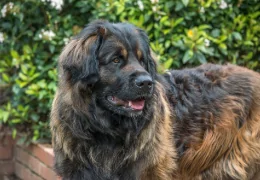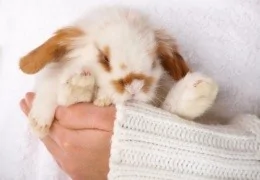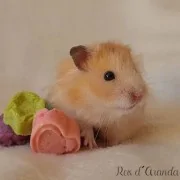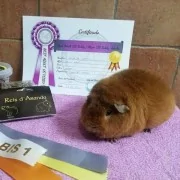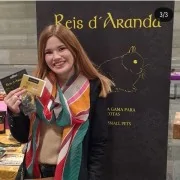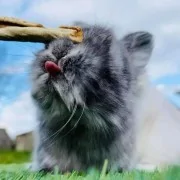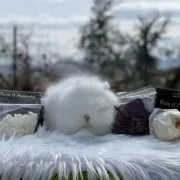The Tornjak originated from genetically homogeneous, almost extinct, indigenous shepherd dogs. These dogs have...
THE MOST AFFECTIONATE CAT BREEDS
INTRODUCTION
Cats are special beings that are characterised by having maintained their wild essence despite being animals domesticated by man some 8000 years ago. Each individual is unique and has an equally unique personality, but there are breeds that have been selected to have a gentler and more friendly character, in this article we will look at 10 of these breeds.
THE 10 MOST AFFECTIONATE CAT BREEDS
THE SPHINX
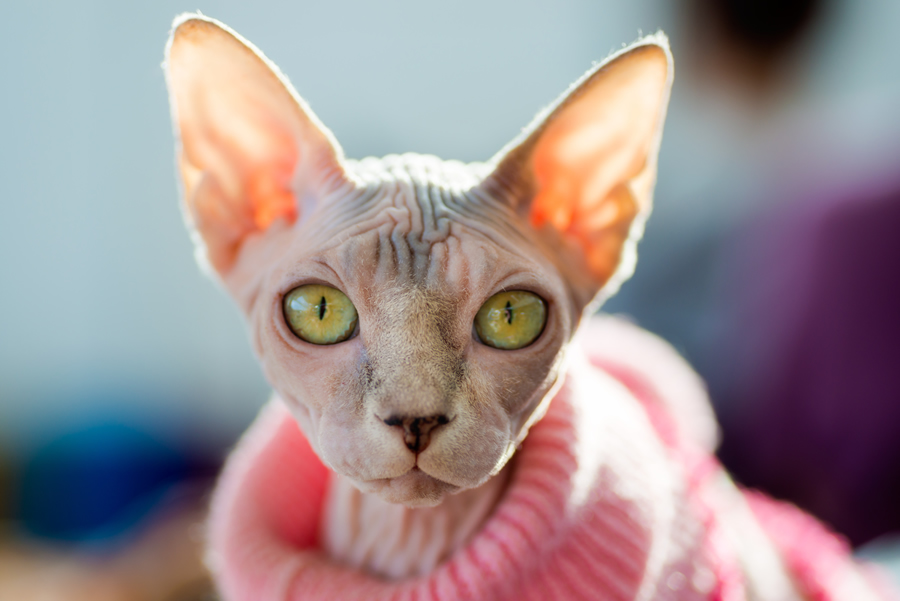
The sphynx is an extrovert and mischievous cat that loves to be with people and to be paid attention to. They are very communicative cats and often welcome their masters when they arrive home. They are very smart, playful and cuddly. Egyptian cats are very purring. They like to sleep with their masters under the blankets. Their body temperature is a degree or two above the average for normal cats and they have a voracious appetite to compensate for heat loss. Because they have so little protection from the elements, these cats cannot stay outside if it is cold, do not like to sit on cold surfaces and love heating. Cats that go outside in sunny weather may need sun protection.
THE MAINE COON
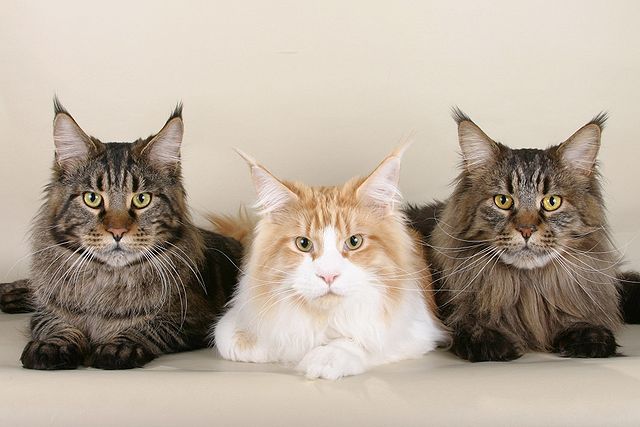
Maine coons have a sweet disposition and are very playful and friendly. They enjoy human companionship and make good pets. Perhaps because of their humble origins, they are used to sleeping outdoors, curled up in the most unlikely places. They enjoy the outdoors and like to be able to climb and simulate hunting. The maine coon is noted for the lovely low chirp it emits.
THE RAGDOLL
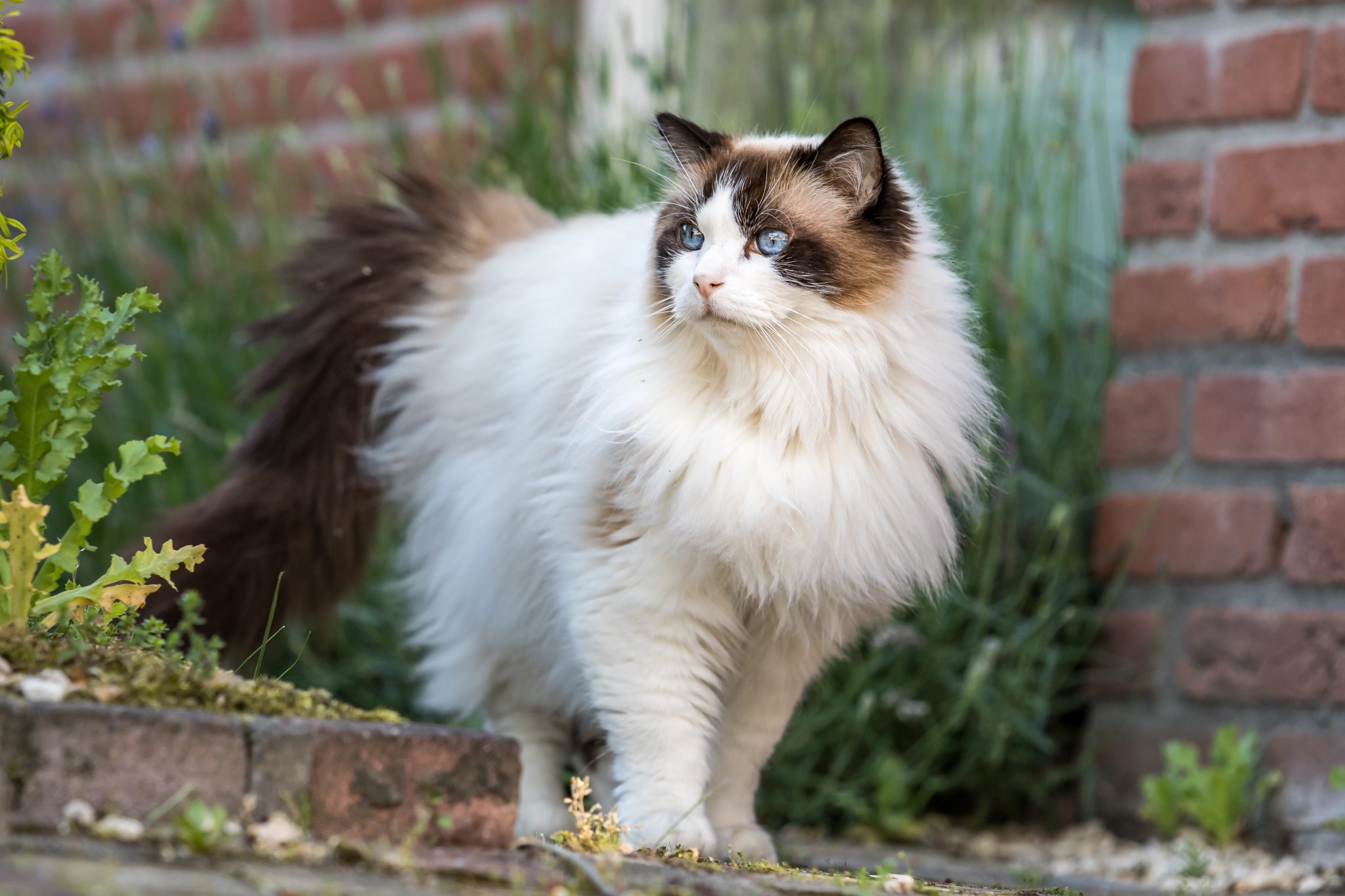
The ragdoll is possibly the quietest of all domestic cat breeds. They are quite content, undemanding and tolerant of most situations. They have a very calm and relaxed nature, which makes them loyal and devoted pets. Some people believe that ragdolls are immune to pain, but this is categorically untrue. Their relaxed demeanour derives from a very trusting nature and not from an absence of sensitivity.
THE BRITISH SHORTHAIR
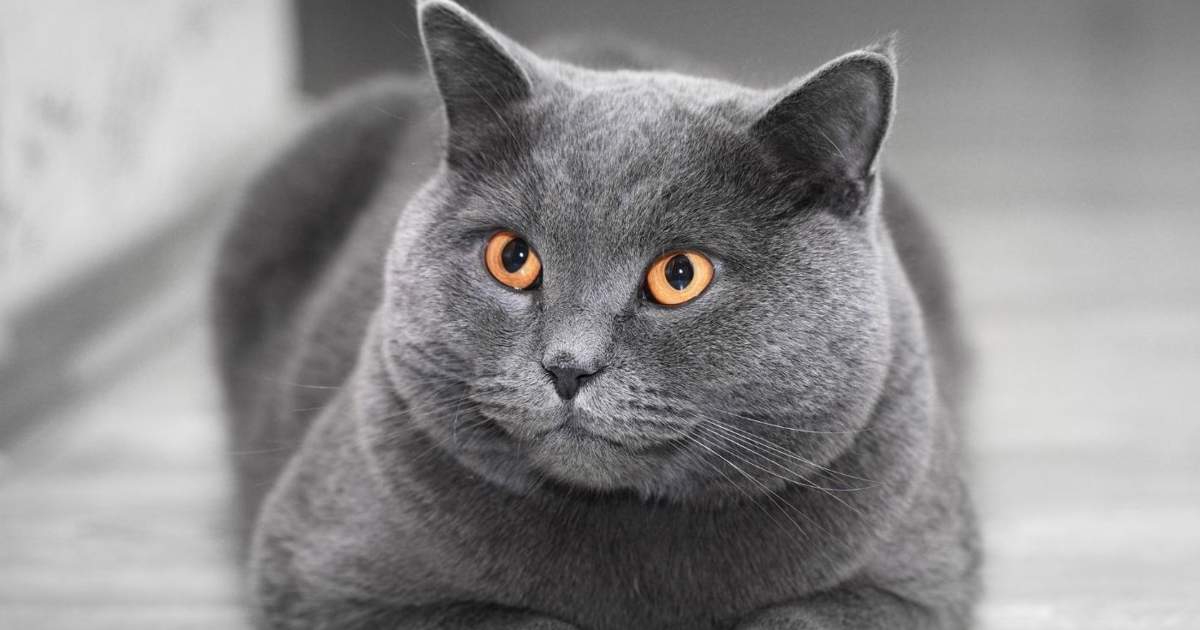
The British Shorthair is a very easy-going breed, calm and affectionate with people. In general, they are not the best acrobats, as their character is rather calm.
In addition, these cats need to be close to their caregiver and love cuddling. However, exercise should not be skimped on. Being such a comfortable breed, these cats tend to be overweight. Although they are reserved with strangers at first, they tend to be good with visitors.
THE BRITISH LONGHAIR
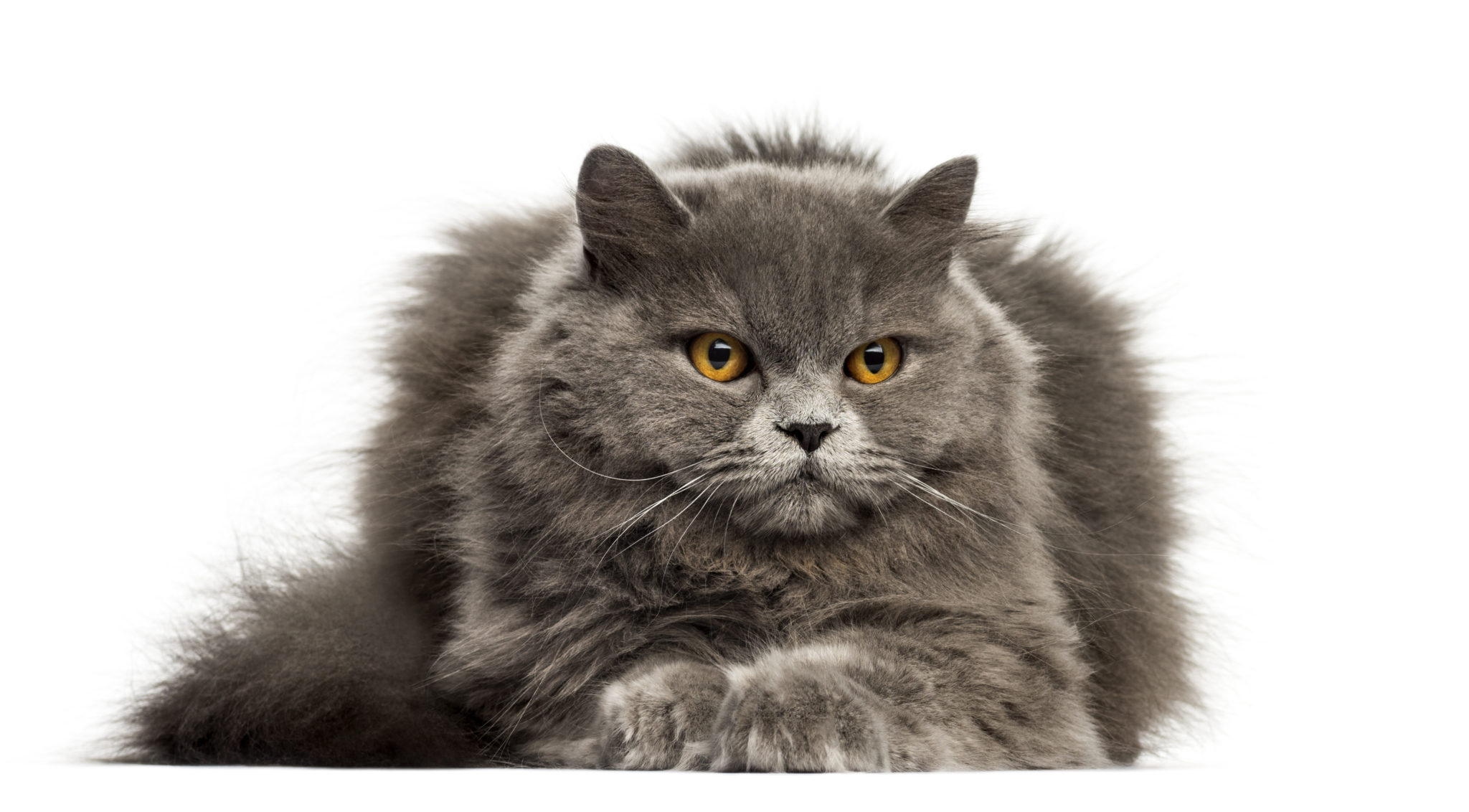
As a descendant of the British Shorthair and Persian cats, the British Longhair has inherited a calm and gentle, but also playful and cuddly character. Along with the characteristic coat we have already told you about, this gentle, happy-go-lucky manner is greatly appreciated by breeders and owners alike.
The British Longhair is a cat that does not shy away from our attentions, but on the contrary seeks them out. This cuddly little cat loves to play and to receive cuddles, caresses and treats. However, the latter must be well controlled to avoid the overweight that this breed tends to develop if it is not active.
On the other hand, and as with the British Shorthair, the British Longhair cat is loyal, behaves very well in the home and, above all, is an excellent companion for children, which is very reassuring for families with babies or young children. Moreover, if you have other cats or even dogs, you will find that they will get on very well together because the Longhair is very sociable.
THE PERSIAN
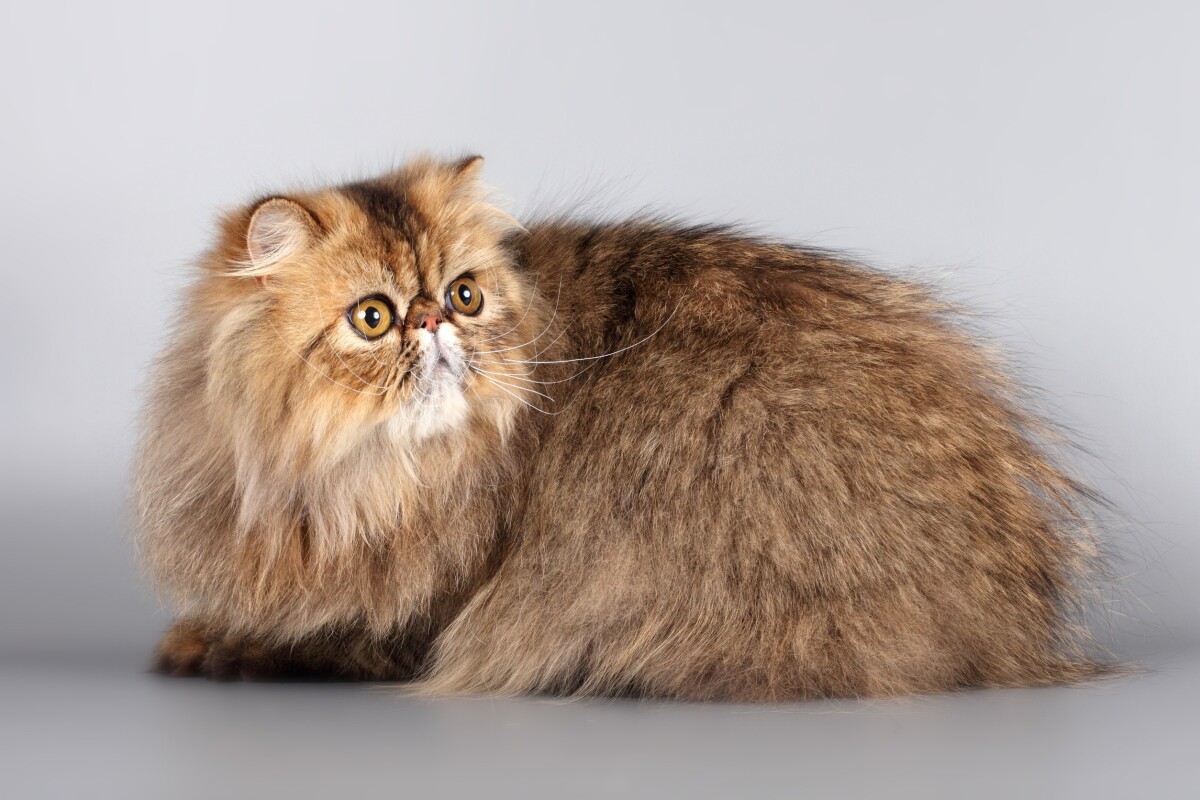
The Persian Longhair cat is calm and affectionate. It is gentle and not as active as some short-haired breeds. In general, he does not mind living alone and is quite content to be an only cat. It is enough for him to sit quietly and look good.
THE NORWEGIAN FOREST CAT
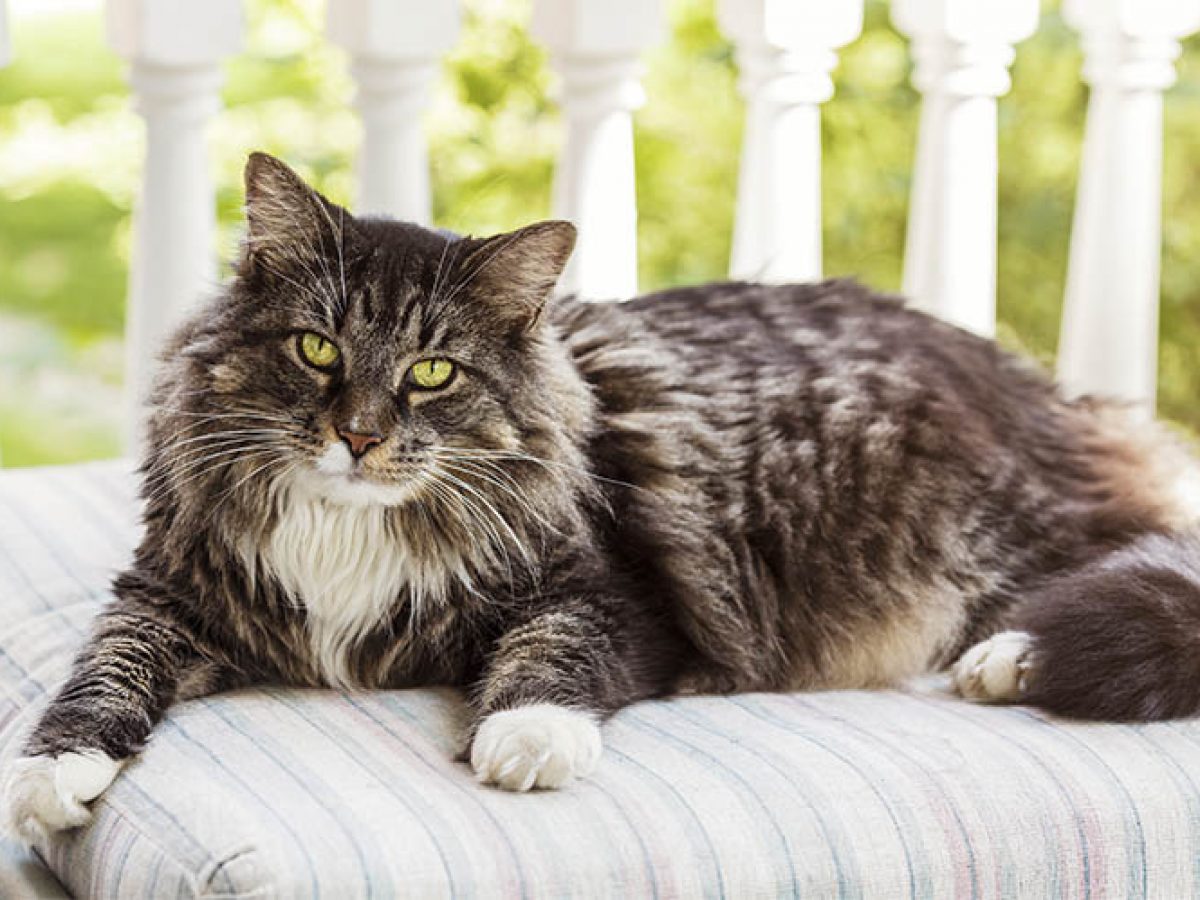
Norwegian Forest Cats love people and thrive best in human company. At times, they can be very insistent for attention. At other times, they may be quite independent. They are accustomed to outdoor life and are very well adapted to roaming and hunting; they are also said to be excellent climbers. The Norwegian Forest can be a very rewarding companion, due to its enormously friendly and playful nature. It is a slow developing breed and may not reach maturity until four years of age.
THE BIRMAN
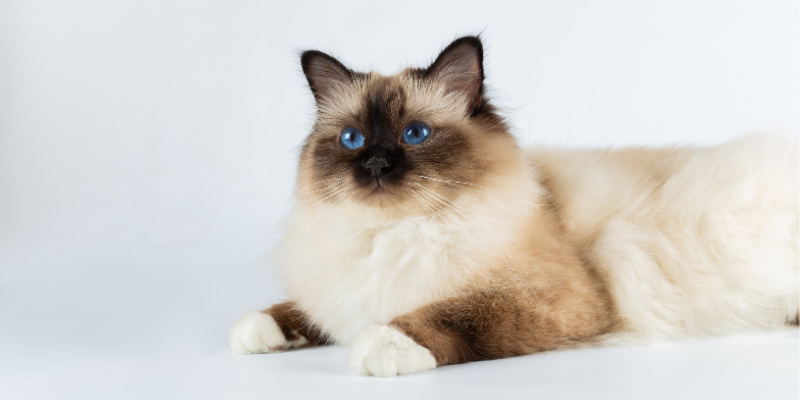
The Burmese is known to be very affectionate and loving, having been bred as a companion cat for many generations. Burmese are docile and meow softly. They are sociable, smart and friendly cats; they are also curious and like human company, but not too noisy.
THE JAPANESE BOBTAIL
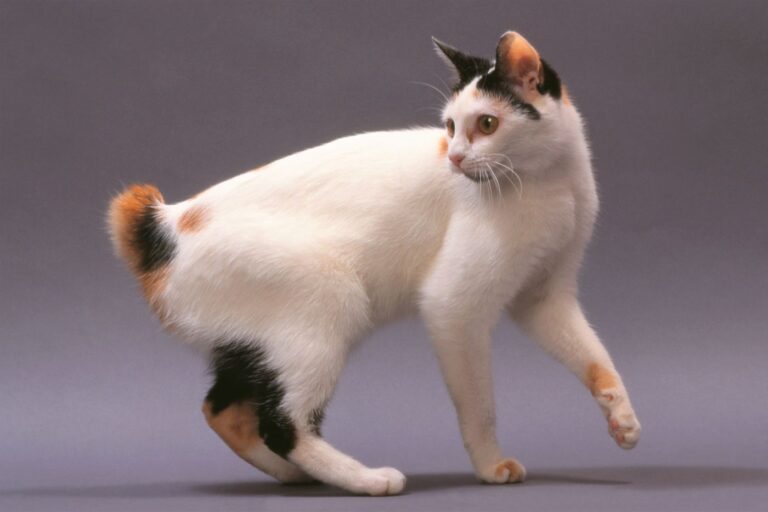
The Japanese bobtail is friendly and intelligent. The breed is said to be sweet-natured, gets along well with almost all animals and loves human company. Some learn tricks and must be kept entertained and stimulated. It is quite a meowing breed.
THE SCOTTISH FOLD
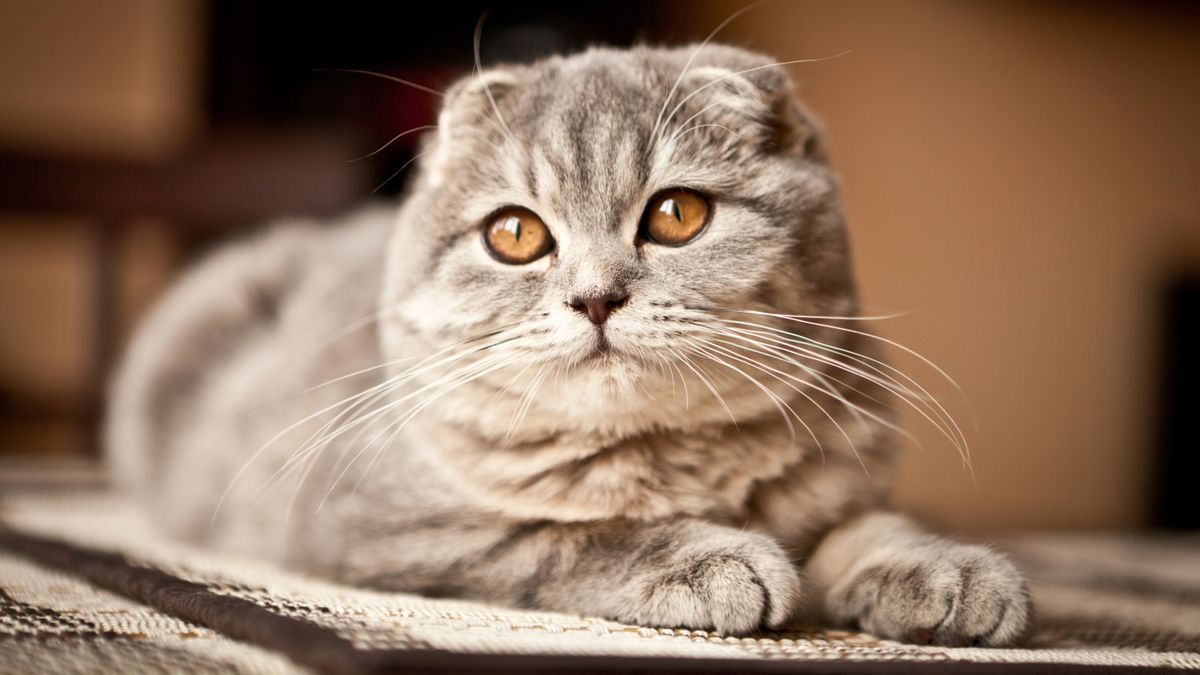
The adult Scottish Fold is a very calm and quiet cat, hardly making a sound at all as its meow is quite low. It has an endearing physical appearance and is actually a very affectionate cat with its owners.
They are very good with children and quite patient with them. They adapt very well to different situations and do not mind being left alone for long periods of time: they are very independent.
GENETIC SELECTION AND CHARACTER
While it is true that an animal's personality is partly influenced by the work of its owners (socialisation) and the experiences in its environment during childhood and youth (good and bad experiences), much of an animal's personality is based on genetic selection made by man over hundreds or thousands of years in some cases, as well as by the inheritance of its parents: aggressive animals will generally have aggressive offspring and phobias can be hereditary (especially on the mother's side).
Breeds are hairy and long-haired breeds are always the most docile and affectionate, but each animal (even if it belongs to a potentially affectionate breed) is different and exceptions to the rule can be found.
CORRECT SOCIALISATION
As we have said, genetic selection is very important, but the correct socialisation before and after the animal is handed over by the breeder is also fundamental. During the infancy stage (from birth to weaning) the breeder will take care to accustom the kittens to human contact, to the sounds they may encounter in their daily life through recordings (music, thunderstorms, car noises, barking...) so that the kittens see everything as completely normal events that do not involve any danger, including the carrier or trips to the vet.
In the case of contact with humans, the socialisation of the mother is fundamental because she is the one the kittens will look to in the most critical weeks of their lives. If the mother is sweet and trusting with her owners, the kittens will be much more sociable with people because their own mother has allowed their owners to approach them, to hold them... without opposing or being aggressive.
This is fundamental and it is equally fundamental that the new owners continue with the socialisation work once the kitten arrives home, otherwise all the work done by the breeder can be thrown away.
CONCLUSION
Cats are special and wonderful beings that have been revered by mankind since the beginning of time, and with the passage of time they have been selected to enjoy a wide variety of breeds with unique personalities and beautiful appearances. Some of these same breeds are noted for their gentle and calm character, ideal for a family, although the work of the breeder and the owners must go hand in hand to bring out the full potential and love they have inside.
Leave a comment
Log in to post comments



